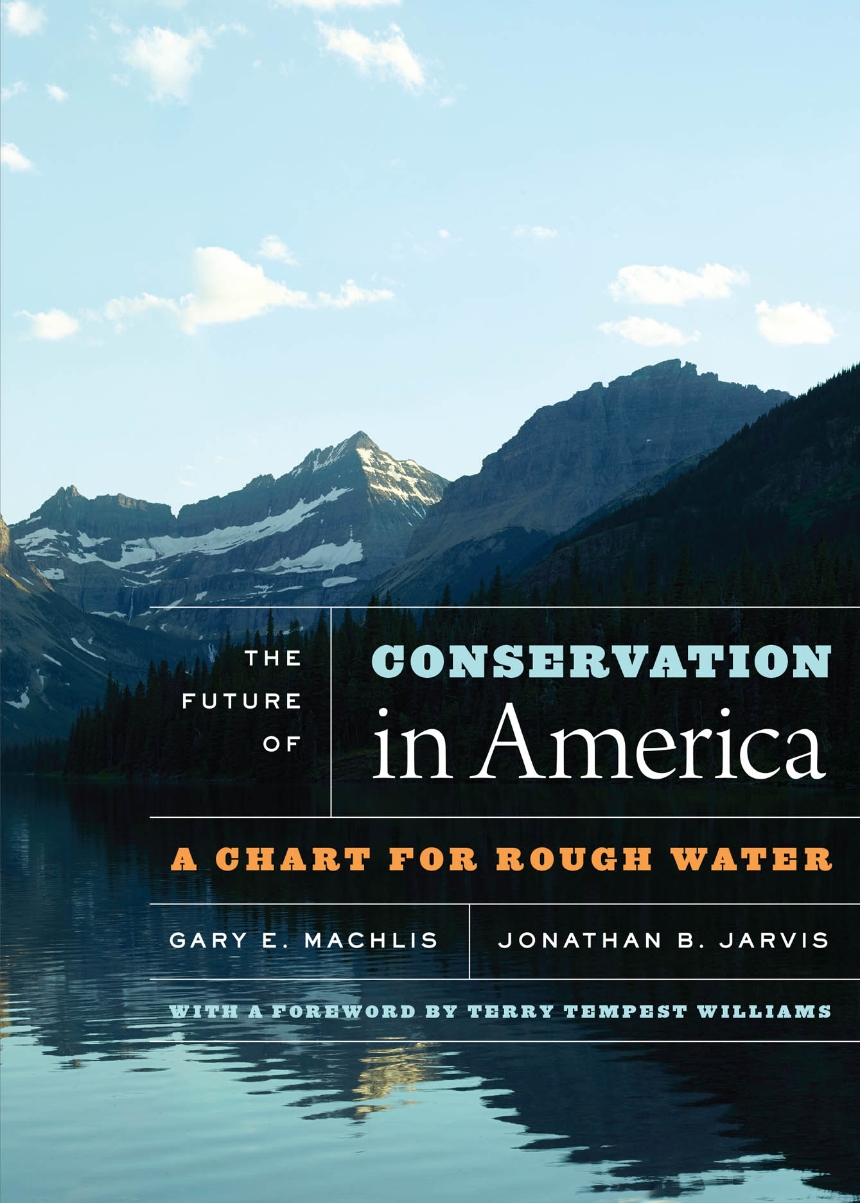The Future of Conservation in America
A Chart for Rough Water
This is a turbulent time for the conservation of America’s natural and cultural heritage. From the current assaults on environmental protection to the threats of climate change, biodiversity loss, and disparity of environmental justice, the challenges facing the conservation movement are both immediate and long term. In this time of uncertainty, we need a clear and compelling guide for the future of conservation in America, a declaration to inspire the next generation of conservation leaders. This is that guide—what the authors describe as “a chart for rough water.”
Written by the first scientist appointed as science advisor to the director of the National Park Service and the eighteenth director of the National Park Service, this is a candid, passionate, and ultimately hopeful book. The authors describe a unified vision of conservation that binds nature protection, historical preservation, sustainability, public health, civil rights and social justice, and science into common cause—and offer real-world strategies for progress. To be read, pondered, debated, and often revisited, The Future of Conservation in America is destined to be a touchstone for the conservation movement in the decades ahead.
Written by the first scientist appointed as science advisor to the director of the National Park Service and the eighteenth director of the National Park Service, this is a candid, passionate, and ultimately hopeful book. The authors describe a unified vision of conservation that binds nature protection, historical preservation, sustainability, public health, civil rights and social justice, and science into common cause—and offer real-world strategies for progress. To be read, pondered, debated, and often revisited, The Future of Conservation in America is destined to be a touchstone for the conservation movement in the decades ahead.
